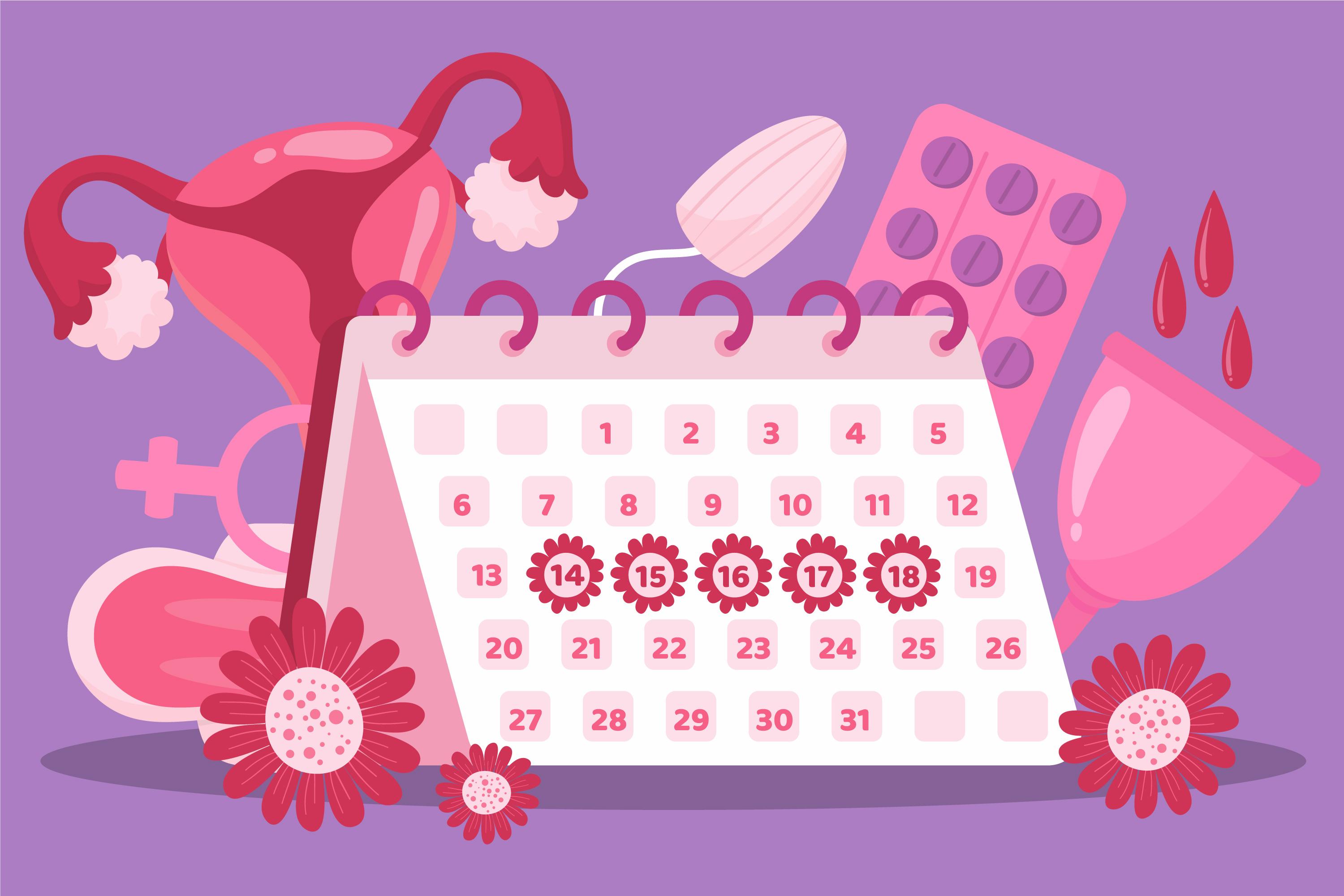How to use and clean menstrual cups

Periods are a natural part of life, and choosing the right menstrual product can make a huge difference in comfort, hygiene, and sustainability. Among the many options available, menstrual cups have gained immense popularity for their eco-friendly, cost-effective, and long-lasting benefits.
But if you’re new to menstrual cups, you might have questions like “How do I use it?”, “How do I clean it?”, or “Is it safe?” Don’t worry! This guide will walk you through everything you need to know to use and care for a menstrual cup with confidence.
🌸 What Is a Menstrual Cup?
A menstrual cup is a soft, flexible, bell-shaped cup made from medical-grade silicone, rubber, or latex. It is inserted into the vagina to collect menstrual blood rather than absorb it (like pads or tampons). Depending on the flow, it can be worn for up to 8–12 hours.
🩸 Why Choose a Menstrual Cup?
-
✅ Eco-friendly – Reusable for years.
-
✅ Budget-friendly – One-time investment.
-
✅ Longer protection – Up to 12 hours.
-
✅ Less odor – Blood isn’t exposed to air.
-
✅ Better tracking – Measure how much blood you lose during your cycle.
🛠️ How to Use a Menstrual Cup: Step-by-Step
1. Wash Your Hands
Always start with clean hands to avoid introducing bacteria.
2. Fold the Cup
There are multiple ways to fold a menstrual cup for insertion. The most common folds are:
-
C-Fold – Press the sides together and fold in half.
-
Punch-down Fold – Push one side of the rim down into the base of the cup.
3. Insert the Cup
-
Find a comfortable position (standing, squatting, or sitting).
-
Gently insert the folded cup into your vagina, aiming it toward your tailbone.
-
Once inside, let it pop open. It should create a seal against the vaginal walls.
4. Check the Seal
Run a finger around the base of the cup to ensure it has fully opened and sealed.
5. Wear It Comfortably
You shouldn't feel it if inserted correctly. You can wear it for up to 12 hours depending on your flow.
6. Remove the Cup
-
Wash your hands first.
-
Pinch the base of the cup (not the stem) to break the seal.
-
Gently pull it out while keeping it upright.
7. Empty and Rinse
Empty the contents into the toilet, rinse the cup with water, and reinsert.
🧼 How to Clean Your Menstrual Cup Properly
🔄 During Your Period
-
Rinse with clean water each time you empty it.
-
If you’re in a public restroom, use a menstrual cup wipe or tissue and rinse it when you're back home.
🧽 Daily Rinse Routine
-
Use mild, unscented, oil-free soap and warm water.
-
Rinse thoroughly to remove soap residue before reinsertion.
🔥 After Your Period (Deep Cleaning)
-
Boil the cup in water for 5–10 minutes to sterilize it.
-
Ensure the cup doesn’t touch the bottom of the pan (use a whisk or steaming basket).
-
Let it air dry completely before storing.
📦 Storage Tips
-
Store in a breathable cotton pouch (not an airtight container).
-
Keep it in a cool, dry place until your next cycle.
⚠️ Do’s and Don’ts of Menstrual Cup Care
✅ Do:
-
Sterilize before and after every cycle.
-
Trim the stem if it feels uncomfortable (but do it gradually).
-
Track your cycle to know when to expect your period.
❌ Don’t:
-
Use harsh or scented soaps.
-
Share your menstrual cup.
-
Store in a closed plastic bag or airtight box (it can trap moisture and lead to mold).
👩⚕️ When to Replace Your Menstrual Cup
With proper care, a menstrual cup can last 5–10 years. Replace it if:
-
It develops tears or cracks.
-
The silicone becomes sticky or discolored.
-
It starts to leak despite proper placement.
📝 Final Thoughts
Switching to a menstrual cup can feel intimidating at first, but once you get the hang of it, it becomes second nature. It’s a smart, hygienic, and sustainable way to manage your menstrual cycle—and it allows you to better track your flow and understand your body.
Start slow, be patient, and don’t give up after the first try. Most users become comfortable after 2–3 cycles of practice.
🌿 Embrace the cup, care for your body, and make your period routine better—for you and the planet!
Related Articles

Creating a sleep routine
.png)
Pregnancy due date calculator

Avoiding harsh products during breakouts

Gentle stretches or yoga poses

Comfort foods that don’t worsen symptoms

Miscarriage Myths and Facts: First Trimester Risks

Baby development at 13 weeks

Menstrual & Pregnancy Calculator Tools